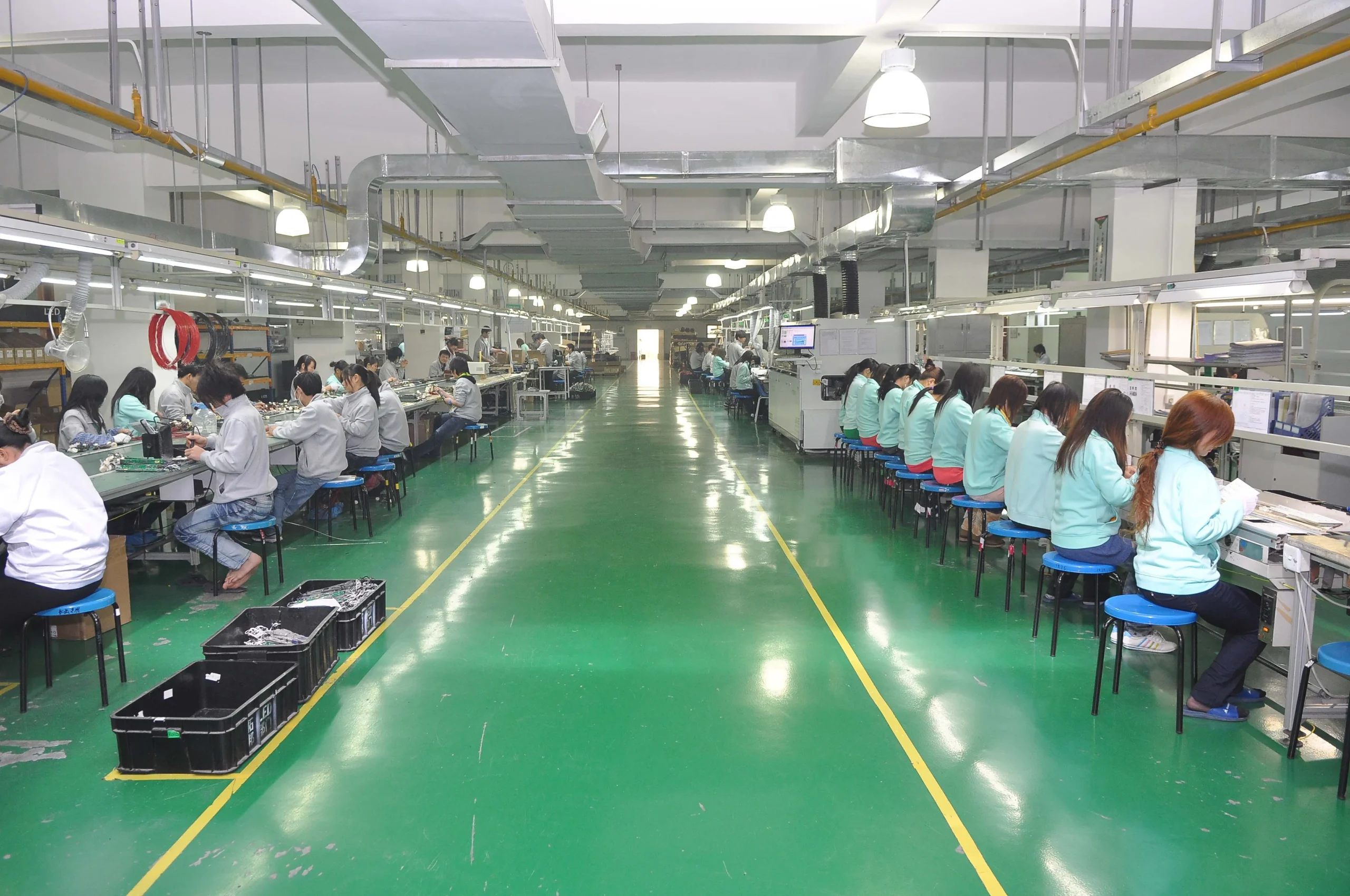We live in an age rich with information, readily accessible at your fingertips. For many, the challenge has shifted from finding suppliers to qualifying them effectively.

While a reputable China sourcing agency follows several steps in qualifying factories—and each case may present unique requirements—we can generally outline the process in three key areas: A, B, and C.
A – Actuals: Conduct thorough research using platforms like Alibaba, Global Sources, and Made-In-China.com. These resources provide essential facts about suppliers, including their locations and ownership details. For example, Alibaba has lists of banned and preferred suppliers, which can be insightful. However, it’s important not to rely solely on these classifications. Instead, use the facts gathered online as a reference point, allowing you to evaluate additional information about the supplier.
B – Business Licenses: With the insights gained from your online research, request the supplier’s business license from China’s Administration for Industry and Commerce (AIC). Every supplier must register their business, providing basic information that helps verify their legitimacy. The business registration certificate includes important details such as:
Registration Number
Official Company Name
Company Type
Registered Address
Legal Representative
Registered Capital
Date of Establishment
License Expiry Date
Business Scope
Registration Bureau
C – Conditions: Clearly communicate to the supplier, especially when working with a China sourcing agency, that your relationship is conditional. Here’s a list of typical requirements suppliers should agree to:
Providing samples
Ensuring products and samples meet specified standards (see our blog on PSS for more information)
Complying with various inspections: pre-production, during production, post-production, pre-shipment, etc. Choose what fits your business needs best.
Keep in mind that additional factory qualification steps may be relevant for certain industries or products. We encourage importers to be thorough and establish procedures that suit their specific situations, as there is no universal solution. Some may also wish to conduct audits or arrange factory visits.
